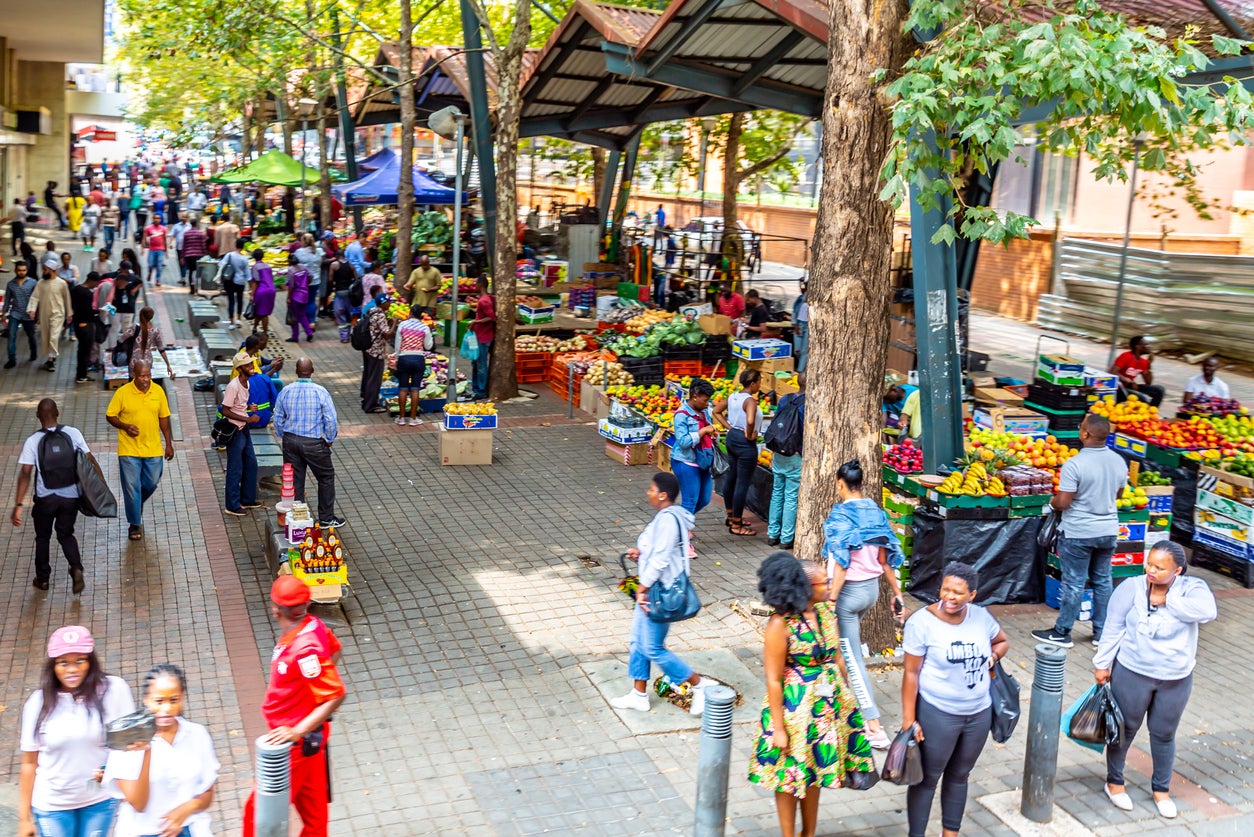International travel is emerging from ‘mini ice-age’, says Abta boss
Mark Tanzer calls for government action ‘to absorb the shock of any future outbreaks’

“International travel has been forced into a mini ice-age” in the past 18 months, the chief executive of Abta has said.
Speaking at the start of the travel association’s first live convention for two years, Mark Tanzer said: “Two summers and one-and-a-half winters have been written off, and only now are we starting to see the thaw.
“It’s too early to speak of recovery, and I’m acutely aware of how many of our members are still perilously close to the cliff edge. But there are signs that the darkest clouds may be breaking up.”
Travel businesses in the UK have performed much worse that those in other European countries, largely due to the more onerous coronavirus restrictions imposed by the government.
Mr Tanzer said: “The lifting of the travel restrictions over the last month has seen customers start to reappear, their innate appetite for travel no longer blunted by anxieties about quarantine, testing or bureaucracy.
“Intention to travel does not in itself equate to actual bookings, but it does demonstrate the underlying determination to travel again, which should give us, and financial backers, confidence.
“The optimist in me says that the love of travel may even have been intensified – absence does make the heart grow fonder, after all – and that where we were perhaps in danger of complacency, we now experience again the sense of something new and exciting, like an old painting returned to its original, vivid colours.”
The Abta boss also called for coordinated international action “to prevent the next epidemic from bringing travel, and economies, to a grinding halt”.
He said: “Cross-border protocols for data sharing, testing, selective quarantining and vaccine sharing and certification [would] absorb the shock of any future outbreaks, allowing businesses to continue to trade, and travellers to continue to move.
“We have a clutch of freshly minted experts – we must use them.”
At the same event Julia Simpson, president of the World Travel & Tourism Council, repeated her call for the government’s “red list” to be scrapped.
At present travellers from seven Latin American countries, including Colombia, Peru and the Dominican Republic, must go into hotel quarantine on arrival to the UK.
“There is no justification for a red list to remain in the UK,” said Ms Simpson.
“Other countries have realised that blanket country measures are no longer needed and instead assess on individual risk and whether travellers have been fully jabbed.”
The Department for Transport says the red list is continuing because of the risks posed by variants of concern.
A statement reads: “Government scientists will continue to engage with countries still on the red list and keep the evidence on variants of concern, especially Lambda and Mu, under close review in order to ensure the UK’s approach remains proportionate.”
Join our commenting forum
Join thought-provoking conversations, follow other Independent readers and see their replies
Comments
Bookmark popover
Removed from bookmarks